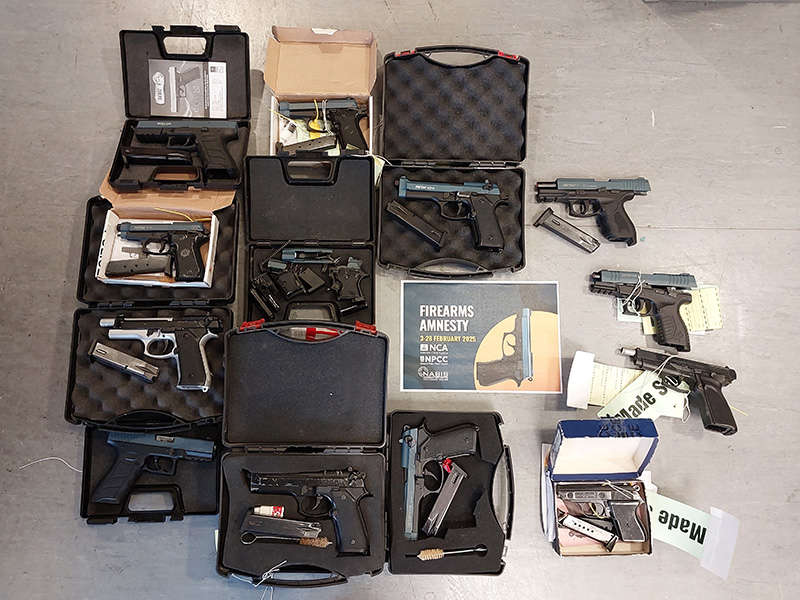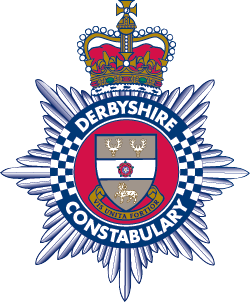
Train operator, Northern, which runs services through Ilkeston Railway Station, has revealed details of light detection and radar (LIDAR) scanning technology it is installing across its fleet of 345 trains to make journeys by railway safer and more efficient.
Chief among the application of LIDAR technology are horizon-scanning cameras that can detect infrastructure defects, environmental threats and maintenance issues.
The train-mounted cameras use the same light detection and radar (LIDAR) process as used by meteorologists to measure clouds and pollution and which was famously used by NASA to map the surface of the moon.
Thermal imaging systems will also be deployed to monitor passenger load factors and provide accurate information to service partners in the event of an emergency.
Northern is also aligning its on-board CCTV systems with British Transport Police to enable officers to tune-in to live, high-definition footage on-board its trains.
Click here to watch a summary of the new technology being deployed.
Scenarios Northern has used to outline the benefits of the new technology include:
Trains being able to detect bumps on the line as they pass over them and automatically send GPS co-ordinates to maintenance teams responsible for repairsExternal mounted cameras scanning the roof of tunnels for loose bricks so they can be flagged with infrastructure safety teams before they become a dangerSensors able to spot energy saving opportunities, such as station lighting being left on during daytime, as trains travel through platformsSecurity incidents and threats to public safety being monitored in real time by British Transport Police officers.Roll-out of the new technology will begin later this month, with more to follow throughout the course of 2022.
Nick Donovan, managing director of Northern, said: This is the beginning of what were calling Intelligent Trains. With these modifications, our fleet wont just travel the network, they will actively monitor and report back on issues that could have an impact on our operation.
The result will be greater efficiencies in terms of resource allocation, faster responses in terms of maintenance programmes and an overall smarter and safer - way of working.
We are sharing details of this new software with other train operators so that passengers the length and breadth of the country can benefit from the approach we have pioneered in the North of England.

 Derbyshire Police detail extent of blank firing guns and ammunition handed in during amnesty
Derbyshire Police detail extent of blank firing guns and ammunition handed in during amnesty
 May County Council election candidates announced for Erewash
May County Council election candidates announced for Erewash
 County council candidates revealed
County council candidates revealed
 Man charged in connection with robbery in Ilkeston
Man charged in connection with robbery in Ilkeston




